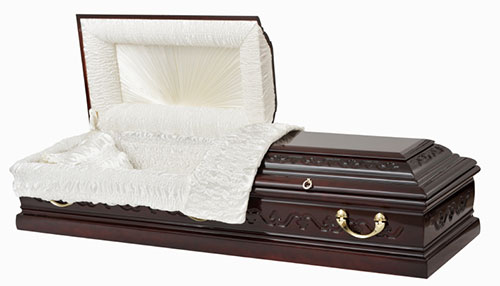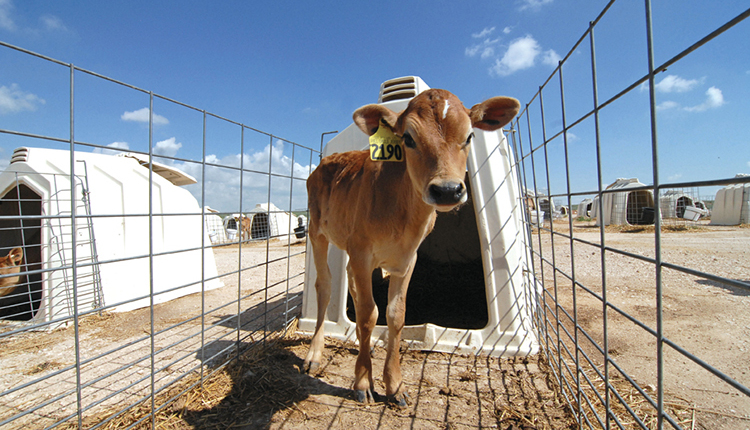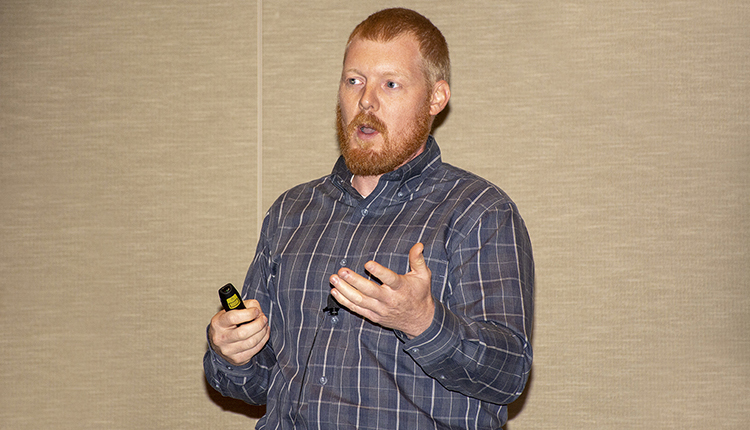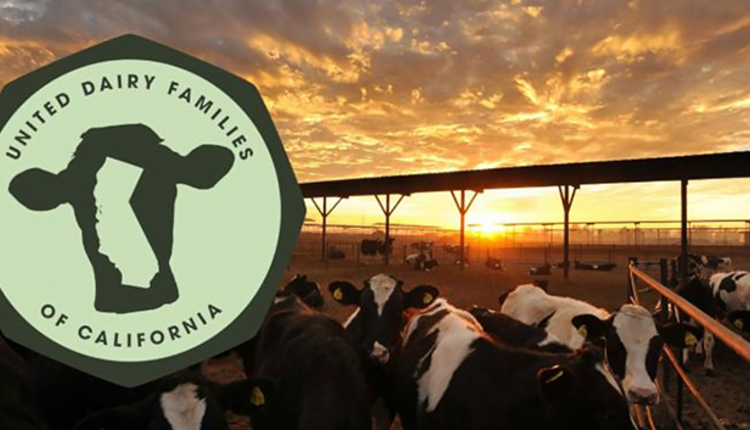
Few topics have been debated as long or as passionately or as divisively as estate taxes. Or, as headline writers like to call them, "death taxes."
U.S. estate taxes date back to 1797. For more than a century afterward, they came and went and rose and fell like the tides. They were finally made permanent by the Revenue Act of 1916 and were levied against estates of more than $50,000.
Since then, the accumulated effects of inflation, capital gains and growing land values – likely the biggest concern for dairy producers and other farmers – have led to wild swings in death tax rates and estate value thresholds. The exemption level for 2015 is $5.4 million per individual or $10.8 million per married couple.
As the Baby Boom generation begins to retire and die, bringing with it what some economists say will be the biggest transfer of private wealth in world history, public and political sentiment against death taxes has perhaps never been greater.
On April 16, the U.S. House of Representatives gave a big push to that process by voting 240-179 to permanently eliminate them. It was the first such effort in 10 years. A similar bill is already in the Senate, although it faces significant hurdles. The Obama administration poses the biggest one of all: it has threatened to veto such legislation.
If death taxes are not eliminated this time, momentum clearly appears to be on the side of it happening eventually. Public opinion is a big reason why. For decades, opposition to death taxes found by polls has run from 60 to 70 percent. That is probably not because Americans expect to have estates large enough to be taxed, but because a key part of the American Dream is that they might.
Another is the diminished impact of death taxes; only 4,687 estates paid tax in 2013, compared to about 139,000 in 1977. And death taxes now raise a relatively paltry $21 billion per year for the federal government. Income taxes, by comparison, bring in about 150 times more.
By the way, 30 states have already eliminated inheritance and estate taxes, according to the Tax Foundation. Among those that have not are four top 10 dairy states: New York, Pennsylvania, Minnesota and Washington.
(c) Hoard's Dairyman Intel 2015
May 4, 2015








